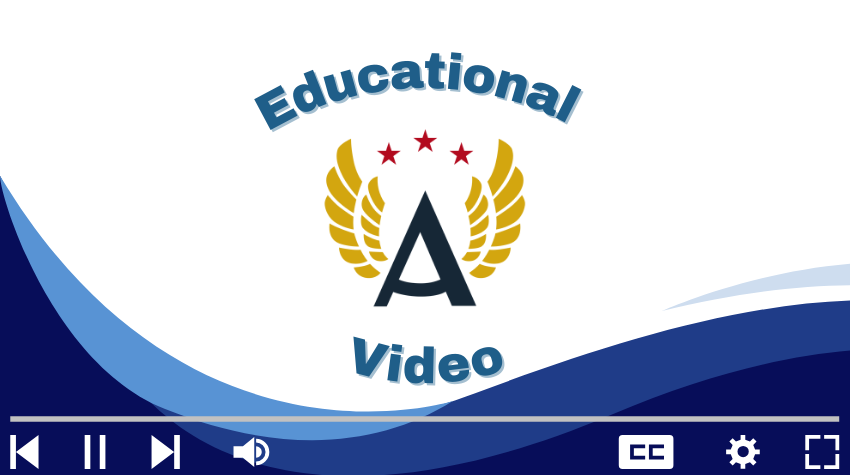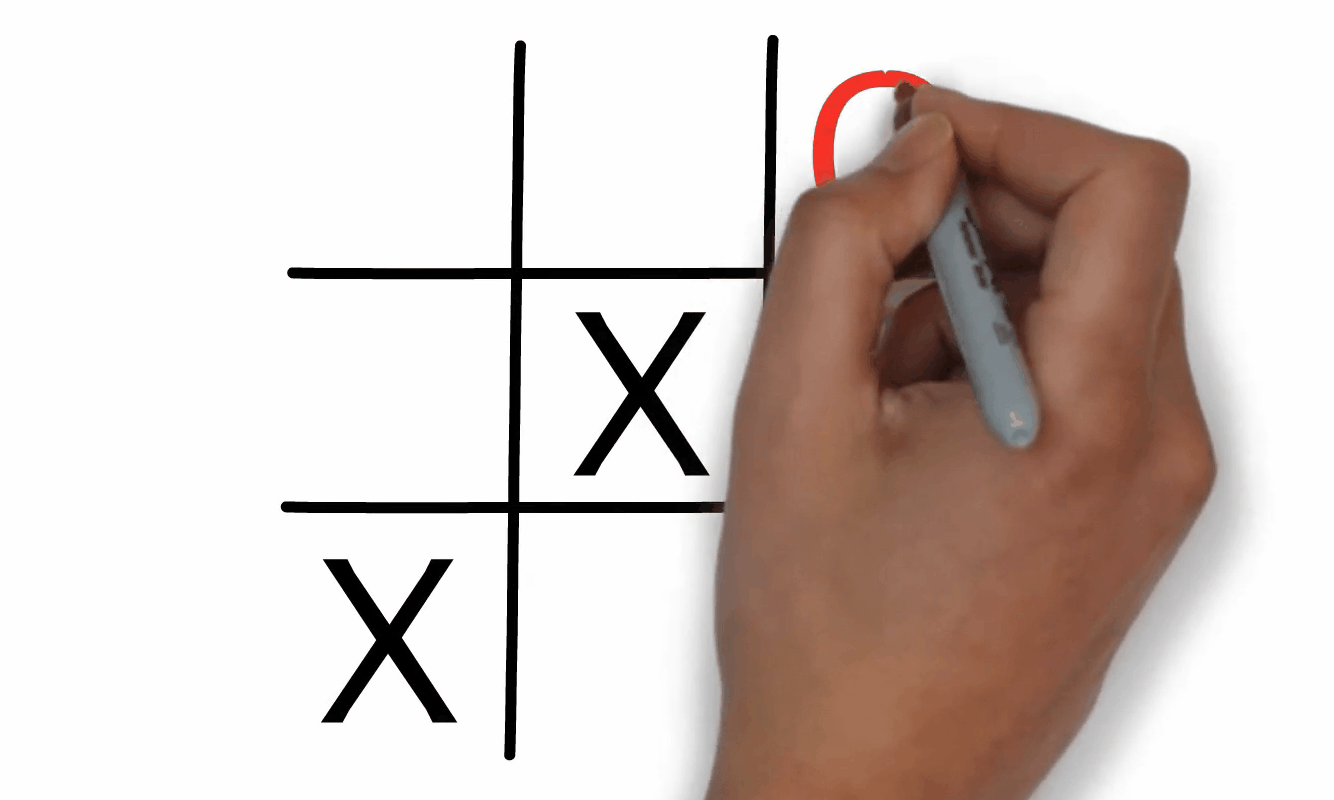Unit 6: Literature—The Language of America
Unit 6: Literature—The Language of America

Unit 6: Literature- The Language of America
 Unit 6: Literature—The Language of America
Unit 6: Literature—The Language of America
Overview
We learn about American literature in school, and often it can seem distant from us—unconnected to our lives. What does Nathaniel Hawthorne have to do with the price of CDs or who just broke up with us? Different people relate to literature in different ways. Maybe your family just got here from India and you are learning the history of America through its literature or maybe your ancestors were on the Mayflower and you are learning to appreciate your American heritage through literature. Either way, the forces that shaped our literature influence what it means to be American today. Our literature is one thing we have in common as Americans. Literature is a source of universal themes. Injustice, individualism, adventure, love, growing up, and death are things we can relate to, no matter when they take place.
American literature, the focus of this unit, provides you with an opportunity to understand how the facts you are learning in American history have been important in shaping who and what you are today. Many textbooks containing American literature present the selections in chronological order. As the editors arrange these selections, they group them into literary periods. Each of these literary periods has been shaped and influenced by the events that are happening in the country at the time. There are definite characteristics of each period and readers can easily see how history has affected literature. Studying a variety of literary works from each period can give us much insight into the character and personality of the people who lived during these respective ages. In this unit you will also learn about the differences between fiction and nonfiction. This unit will also cover universal themes and different time periods in American literature such as the New World, the Age of Exploration, the Age of Revolution, the Age of Self Awareness— Romanticism and Gothic, the Civil War Period, the Exploration of the Frontier—Realism, the Modern Age, and the Contemporary Age.
Vocabulary
Lesson Reading
Videos and Interactives (Click on Images to View Content)

